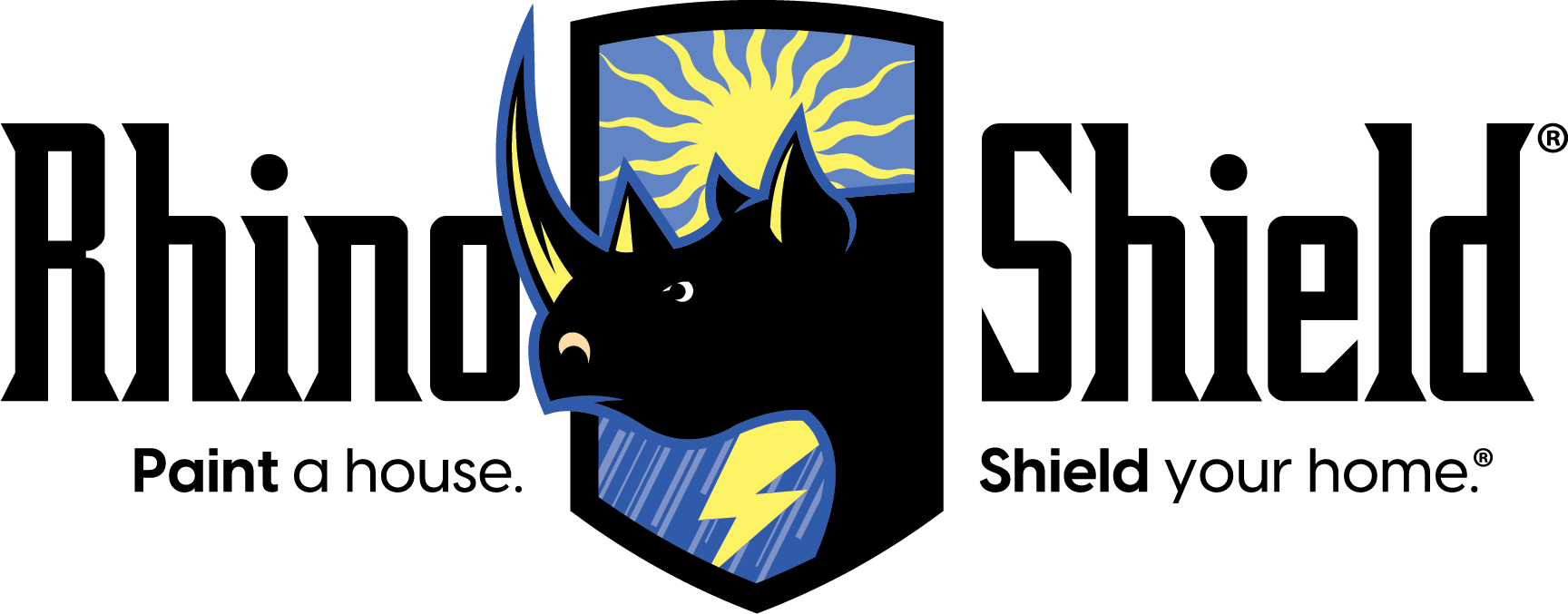.png)
When it comes to transforming the exterior of your home, the choice between different types of siding can significantly impact not only the aesthetics but also the long-term value and durability of your property. While vinyl siding has been a popular and cost-effective choice for years, Rhino Shield offers an alternative that goes beyond aesthetics, offering:
- Durability
- Versatility
- Longevity
- Increased curb appeal and resale value
This confidence in our product may have you asking, “What are the benefits of each option?” and “How do Rhino Shield and vinyl siding compare in price?”
We’ll answer these questions honestly, as we know Rhino Shield isn’t for everyone. In this comprehensive analysis, we'll delve into the characteristics, advantages, and drawbacks of Rhino Shield and vinyl siding to help you make an informed decision about your exterior renovations.
What Is the Average Cost of Vinyl Siding?
- Vinyl siding is typically seen anywhere from $4.50 - $8.20 per square foot. Or $13,325 to $24,300 for 2,500 square feet.
- For around the same square footage, the cost of installing a Rhino Shield coatings system typically falls within the range of $13,000 to $18,000. Keep in mind that this is only accounting for the cost of the Rhino Shield application. If you need new siding and want to put Rhino Shield over it, the price will vary at a larger total.
- Many property owners get a quote for both to compare prices in their local market.
The History of Vinyl Siding
Vinyl siding, a type of plastic, gained widespread popularity due to its affordability. It also improved aesthetics over many of the previously aged sidings, like aluminum siding. Vinyl siding later emerged as a cheap substitute for wood siding, offering homeowners a cost-effective way to achieve the look of a wood home without the premium associated with wood siding.
However, the rise of vinyl siding also brought about certain drawbacks that have led to its decline in popularity in many areas.
The most notable issue with vinyl siding is its association with basic track housing and manufactured homes. Many neighborhoods and even entire cities across the country restrict or disallow the use of vinyl siding on homes due to its tendency to:
- Ugly seams
- Fading concerns
- Blow off houses entirely during severe storms.
The use of vinyl siding is particularly discouraged in regions prone to extreme weather conditions, where its limitations become apparent.
The Appeal of Vinyl Siding: Imitating Wood on a Budget
Despite its drawbacks, the main reason vinyl siding remains in use is its ability to mimic the appearance of a wood home without the accompanying premium cost. Vinyl siding manufacturers have engineered their products to closely replicate the look of wood, providing homeowners with an affordable alternative.
Additionally, vinyl siding is relatively maintenance-free, lacking the susceptibility to moisture-related damages, such as rot, that plagues traditional wood siding.
However, there are some trade-offs when considering color selection and long-term value. Vinyl siding offers a limited color palette, restricting homeowners in their choice of exterior aesthetics.
Furthermore, there is a perception that associates vinyl siding with basic starter homes, track housing, and manufactured houses. Like the fate of Formica countertops, which were once favored for their longevity but are now linked with cheap countertops more appropriate for rental units, vinyl siding has declined in popularity in the housing market.
The Benefits of Rhino Shield
Rhino Shield, with its elastomeric coating system, stands in stark contrast to the limitations of vinyl siding. Instead of imitating wood, Rhino Shield provides a genuine transformation with a wide range of color choices and unparalleled durability. Let's explore how Rhino Shield surpasses vinyl siding in the key aspects below:
- Solar reflectivity – This benefit is important for curb appeal. The solar reflective properties of Rhino Shield make it resistant to fading from UV damage, which means your home will still look freshly painted for many years. This asset also contributes to lower energy costs, as the coating doesn’t absorb the heat from outside.
- Sheen options
- Protects the wall instead of hiding or covering up the prior substrate.
- Class A fire rating
- Superior bio-growth resistance
Rhino Shield Increases Resale Value
Rhino Shield not only enhances curb appeal but may also increase the resale value of your home. Homebuyers appreciate the durability, aesthetics, and long-term benefits of Rhino Shield, making it a wise investment for homeowners looking to maximize their property's value. Along with its 25-year, transferrable warranty, Rhino Shield is often displayed on real estate listings.
Rhino Shield Color Options
While vinyl siding limits color choices, Rhino Shield offers homeowners an almost limitless range of colors, so you can express your individual style. Versatility in color selection allows for more personalized and unique exterior designs, ensuring that your home stands out in the neighborhood.
Rhino Shield’s Durability and Longevity
Rhino Shield's elastomeric coating system provides flexibility and adaptability, allowing the coating to move with the natural settling of a home without causing cracks. This flexibility is crucial in regions with varying temperatures and weather conditions. In contrast, vinyl siding may be flexible, but it lacks the same level of resilience and longevity that Rhino Shield guarantees.
A Common Problem with Vinyl Siding
A major concern in the home improvement business is the improper use of vinyl siding to mask underlying issues such as rot, mold, or termite infestations. Instead of fixing such issues, they are hidden by applying vinyl siding over the damaged wood siding.
Rhino Shield dealers address exterior siding problems with a thorough inspection and repair process before our exterior coating is applied. This holistic approach ensures that your home is restored to pristine condition, providing a solid foundation for the long-lasting application of our product.
How Long is Rhino Shield’s Warranty?
Rhino Shield's commitment to quality is reinforced by our 25-year non-prorated warranty. This assurance underscores the confidence in our product's durability and performance, providing homeowners with peace of mind and long-term protection.
Which Option is Best for Me?
In the Rhino Shield vs. vinyl siding debate, the choice becomes clear if you’re looking for long-term value, aesthetics, and durability. While vinyl siding offers a budget-friendly solution for imitating the look of wood, it has major drawbacks, including:
- Limited color choices
- Susceptibility to damage
- A negative impact on resale value
These downsides make it a less favorable option. Rhino Shield, with its elastomeric coating system, provides a genuine and durable alternative, offering you the opportunity to:
- Enhance curb appeal
- Express your style.
- Increase the resale value of your home.
However, we also want to keep in mind the different lifestyles people have, and which option better suits your environment. If you are in a high-end neighborhood and want to portray a sense of permanence, luxury, and optimal aesthetics, then you should go with Rhino Shield. But if you are in a more middle-class neighborhood or aren’t as worried about the perception of a high-end feel, then vinyl siding is likely the best option.
Additionally, we at Rhino Shield advise you to get estimates for both our product and vinyl siding. We also encourage visiting a home or business with a Rhino Shield application, as it’s a good way to get a look and feel of it for yourself.
If you’re interested in Rhino Shield, scroll down for a free, no-obligation quote.

